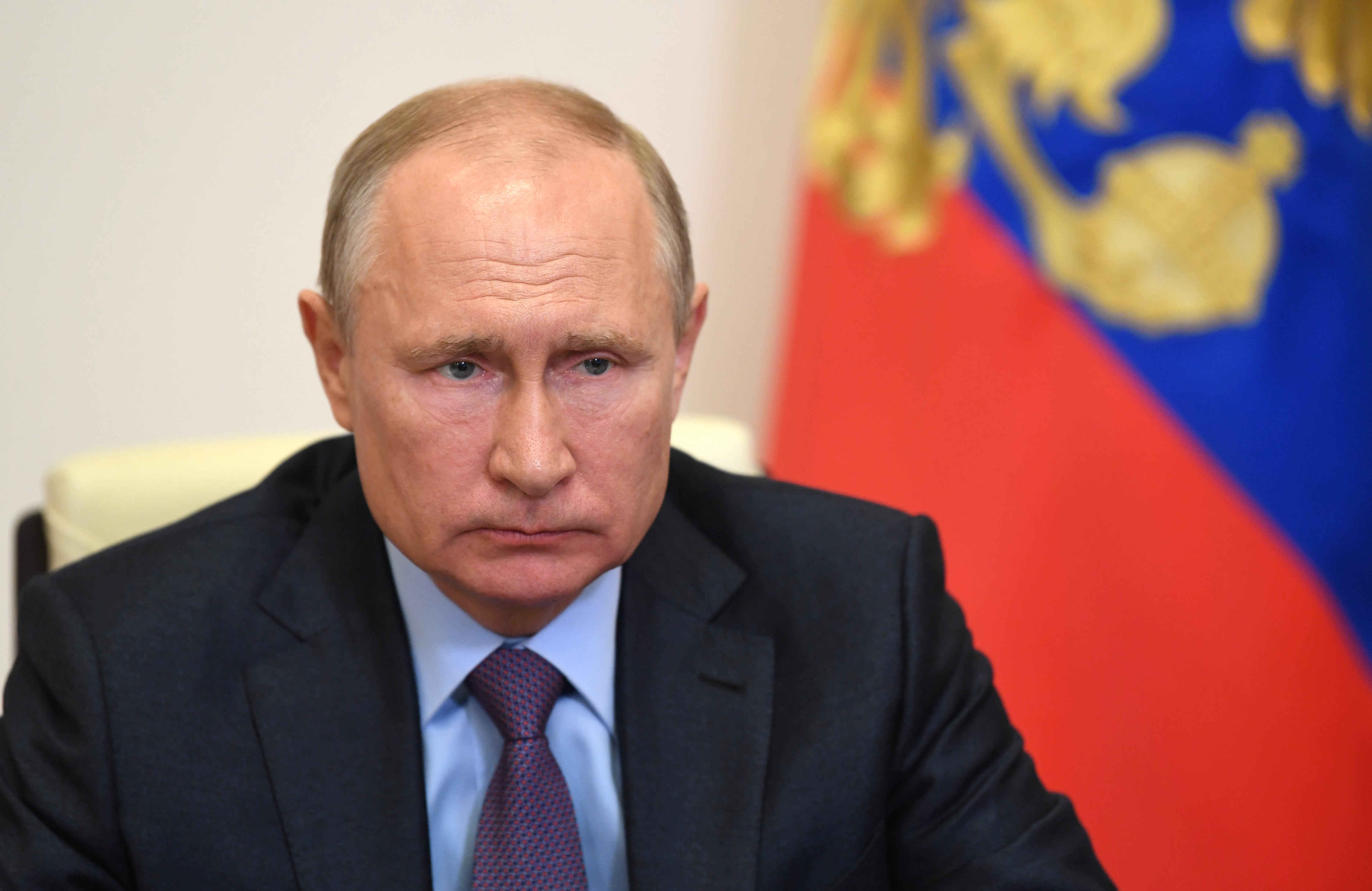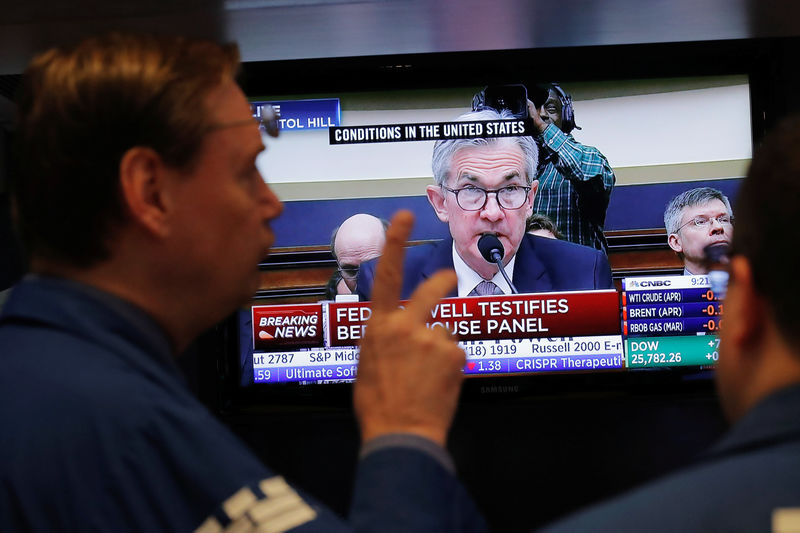Inflation will proceed to rise over the subsequent two years, in response to revised projections by the OECD, which expects worth will increase to be considerably greater in 2021 and in 2022 than it beforehand forecast for many G20 international locations.
Laurence Boone, OECD chief economist, mentioned managing inflation can be “a really tough balancing act” for policymakers. As if on cue, the vice-president of the European Central Financial institution promised on Tuesday to be “very vigilant” for any indicators that supply-side bottlenecks and better wages had been driving costs greater than anticipated.
Luis de Guindos advised a Monetary Occasions on-line occasion that “there are dangers of far more persistent pressures on inflation sooner or later” particularly if the latest soar in costs, fuelled partly by a surge in vitality prices, feeds into greater wage calls for.
Morgan Stanley forecasts that greater European vitality costs will add about 0.2 to 0.3 proportion factors to eurozone inflation within the last three months of this 12 months. A quadrupling of pure gasoline costs within the 12 months to September has already prompted a number of governments to debate billions of euros in aid for households and stricken suppliers.
“You need to watch out that . . . non permanent components don’t result in second-round results,” de Guindos mentioned, including that many EU public sector employees have index-linked pay and pensions that rise in step with inflation.
The pace of the financial restoration has additionally elevated inflationary pressures, the OECD mentioned in its outlook. It’s “pushing up costs to the place we anticipated them to be earlier than the pandemic”, the Paris based mostly membership mentioned. “Policymakers in superior economies ought to monitor these developments immediately.”
The OECD forecasts that the typical inflation price throughout the G20 main economies will hit 4.5 per cent within the fourth quarter of the 12 months, with 1.5 proportion factors of that brought on by greater transport prices and commodity costs, corresponding to vitality.
Since its last forecasts in June, the OECD revised up inflation predictions for 2021 and 2022 for many international locations.
The US inflation forecast in 2021 has risen from 2.9 per cent to three.6 per cent. For the UK, the equal figures had been 1.3 per cent in June and a couple of.3 per cent this month.

For 2022, the inflation forecasts have additionally risen sharply. In France and Germany, the forecast rose from 0.8 and 1.6 per cent in June, respectively, to 1.4 and a couple of.6 per cent.

Central banks all over the world are actually beginning to wind down the stimulus measures they launched final 12 months in response to the pandemic. This week the US Federal Reserve and Financial institution of England are anticipated to present extra clues on how quickly they might begin tightening financial coverage.
The OECD mentioned essentially the most pressing process was to speak to the general public that rising inflation had many non permanent options and was principally an adjustment of costs to ranges that had all the time been anticipated after non permanent dips throughout the pandemic.
Boone mentioned provide bottlenecks would ease as Covid-19 vaccination charges rose, particularly in rising economies. With large pandemic-related authorities help largely up to now, demand was unlikely to run uncontrolled.
Nonetheless, costs would possible settle at greater charges than earlier than the pandemic — “and that could be a good factor”, Boone mentioned — however they might not stay as excessive as they had been prone to go within the months forward.
That’s in sync with ECB projections, which forecast earlier this month that inflation would rise from 0.3 per cent final 12 months to 2.2 per cent this 12 months, earlier than dropping again beneath its 2 per cent goal subsequent 12 months and slipping additional to 1.5 per cent in 2023.
Nonetheless, Boone mentioned constant communication on the non permanent nature of a lot of the inflation would assist stop companies and households from considering it honest to boost costs and demand greater wages, which might make greater inflation last more and turn out to be extra damaging.
The ECB’s de Guindos echoed that view. “If in case you have a transparent indexation of the financial system to the evolution of a brief shock . . . you possibly can convert this non permanent upward evolution into one thing far more everlasting,” he mentioned. “That is one thing that we should always keep away from.”
Governments additionally had a task to play, Boone mentioned, in ending the pandemic narrative that they might finance something just by borrowing.
Welcoming US and European efforts to spend extra on addressing local weather change and digital transformation, Boone mentioned: “It can be crucial that governments talk how they’re going to do this. Proper? That it’s not free cash ceaselessly.”
US president Joe Biden is looking for to finance spending on infrastructure with greater taxes however faces a potentially difficult time in Congress within the weeks forward.
The OECD mentioned that, offering international locations navigated greater inflation within the coming months, the excellent news is that the restoration had been “terribly quick”, with superior economies prone to endure minimal longer-term harm.
This might be positive for international locations performing effectively earlier than the pandemic, such because the US, however not ok for international locations the place restoration to the pre-pandemic path nonetheless meant excessive unemployment and weak development. “Many economies might be roughly the place they had been earlier than, however with extra debt,” Boone mentioned.
The outlook for rising economies was considerably worse, the OECD mentioned, as a result of they’re combating excessive charges of coronavirus an infection and low ranges of vaccination, leaving them extra weak to weak restoration and excessive inflation.
However with higher credibility of their establishments, corresponding to their central banks, and early motion to stem inflation, the OECD thought they might nonetheless emerge from the Covid emergency higher than the monetary disaster of 2008-09.











